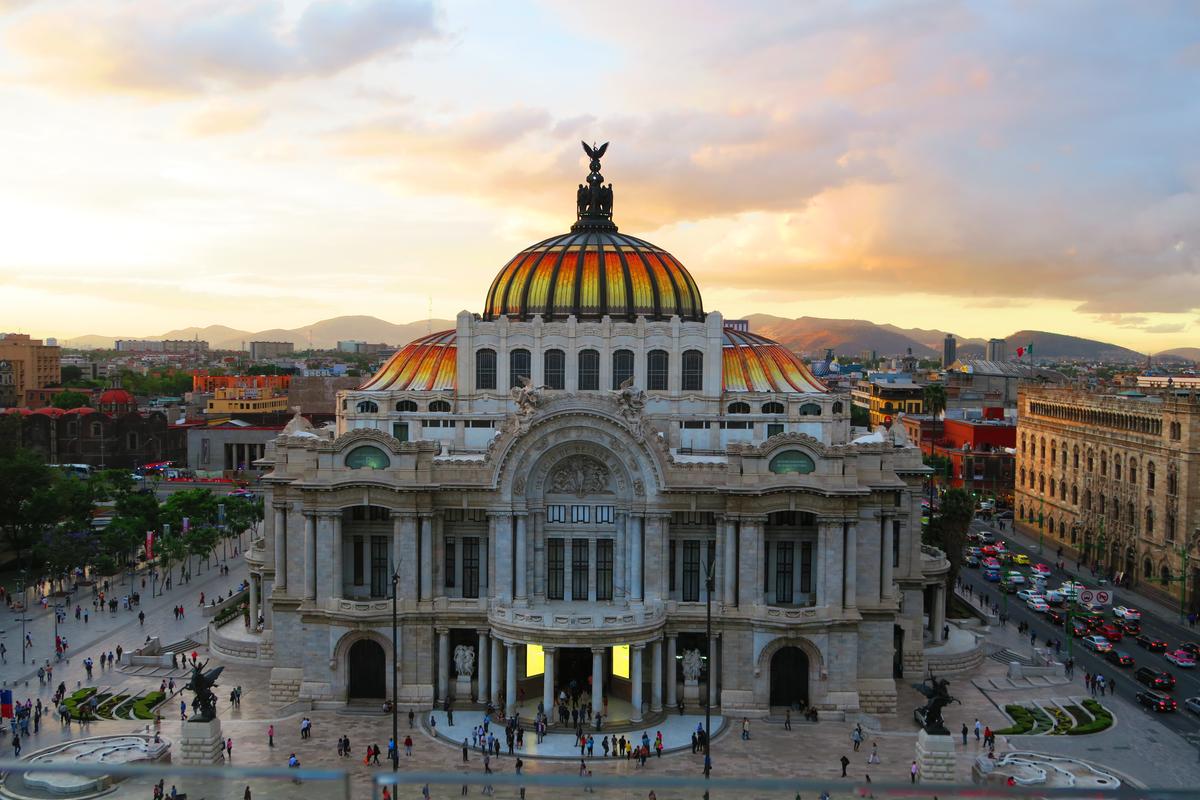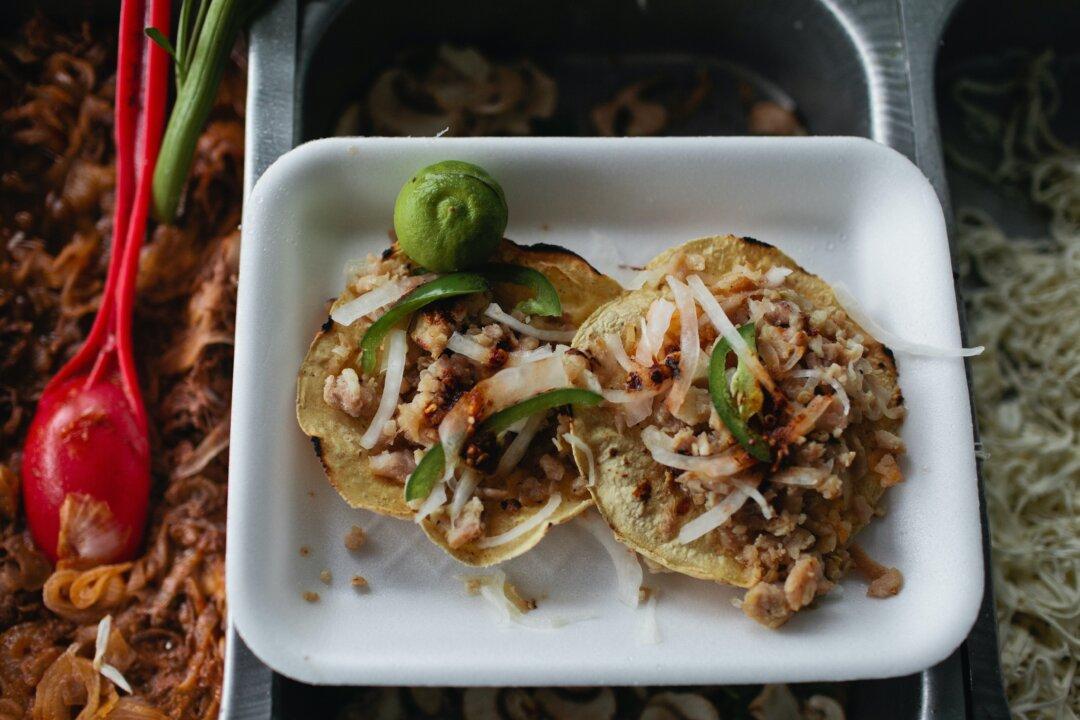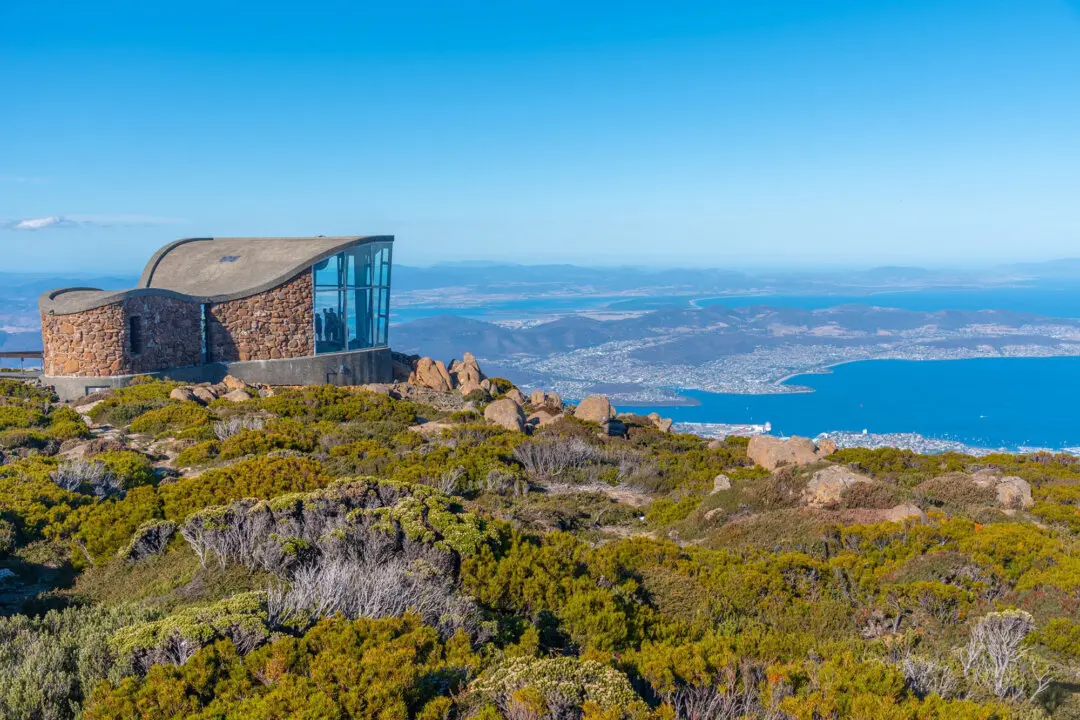It’s one of life’s greatest joys, and perhaps the one we’ve missed the most, over these past few months—eating good food, especially around a table packed with friends. Whether a 10-course tasting menu at a Michelin-starred restaurant or a simple street-food meal, culinary pleasures are some of the very best parts of travel. And if you’re going for gastronomic gold, some places provide more treasures than most. Here’s our list of the world’s finest culinary cities—places worth the visit, simply for the food they put on your plate.

Palacio de Bellas Artes, Mexico City. David Carballar/Unsplash





